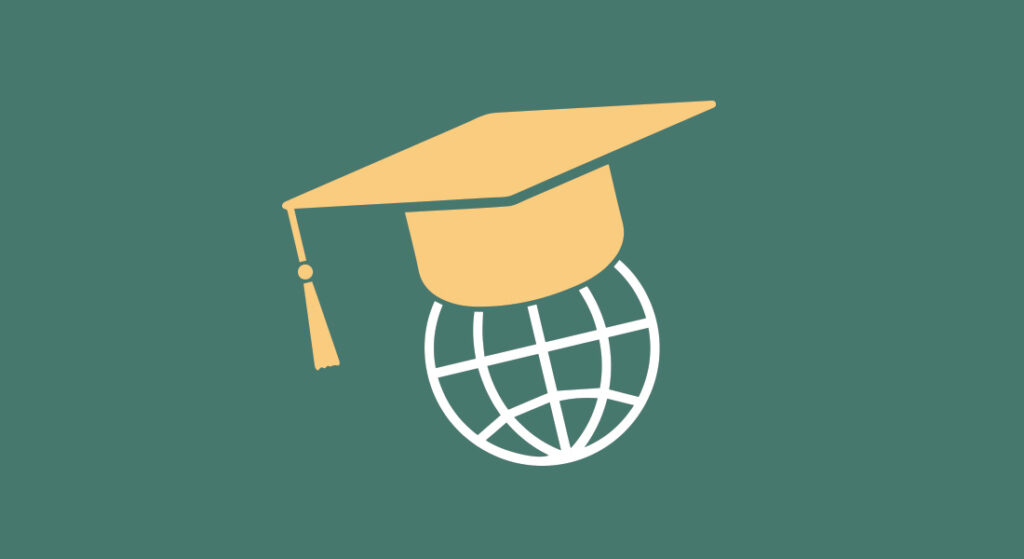New postcast series about Zanibar’s success of building a stronger university
16-12-22

For more than a decade, Danish universities have collaborated with the State University of Zanzibar under “Building Stronger Universities”. A unique partnership has grown over the years and the stories about the experiences and results of the collaboration can now be heard in a new podcast series by the University of Copenhagen.
Zanzibar is under pressure from climate change and a massive influx of tourists. New localized solutions are urgently needed to form a sustainable future for the islands.
The State University of Zanzibar has taken it upon itself to play an active role in shaping this future and to contribute with evidence-based solutions to improve the health and well-being of Zanzibar’s 1,5 million inhabitants under the Building Stronger University partnership.
The new podcast series centres around four researchers in the partnership, namely Fatma Saleh, Biubwa Ally, Aziza Abdulqadir and Idrissa Yusef Hamed who are addressing some of Zanzibar’s most urgent environmental health challenges, such as mosquito-borne viral infections, food and plastic waste management at tourist hotels, and pollution of the marine environment.
The Building Stronger Universities programme and the collaboration between the State University of Zanzibar and the Universities of Copenhagen and Aarhus are highly commendable. We are therefore very happy that the stories about the collaboration and the outcomes of it are now being told in the podcast series, says Lars Arne Jensen from Danida Fellowship Centre.
Besides looking at the research being carried out by the four researchers, the podcast series also explores the uniqueness of “Building Stronger Universities” as a research capacity development programme as well as its impact on gender equality in academia at the State University of Zanzibar.
Building Stronger Universities is a research capacity development programme funded by the Danish Ministry of Foreign Affairs and administrated by Danida Fellowship Centre.
Go back to our stories